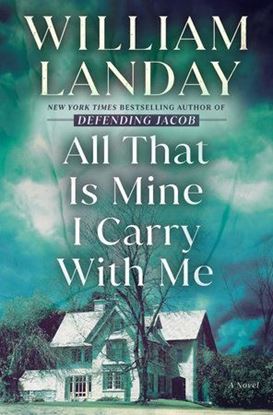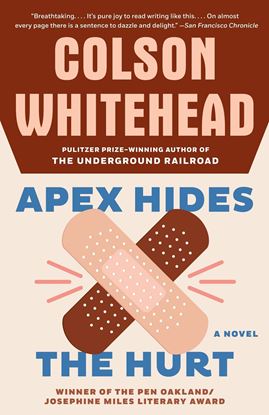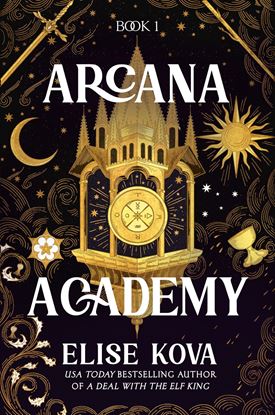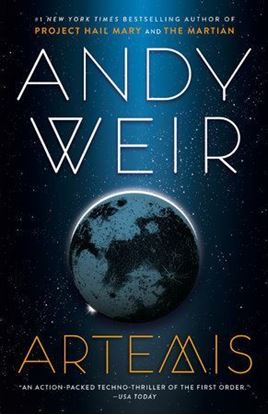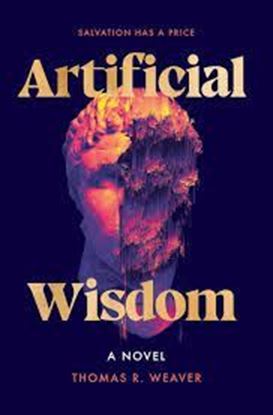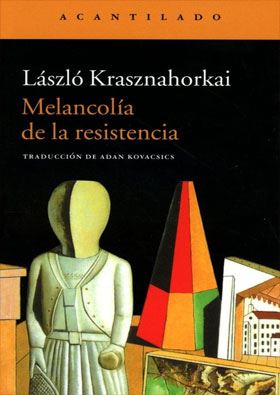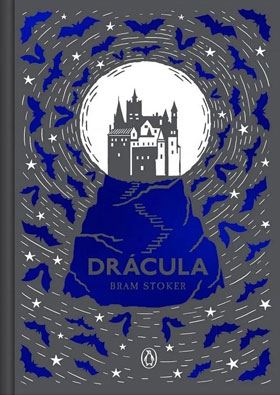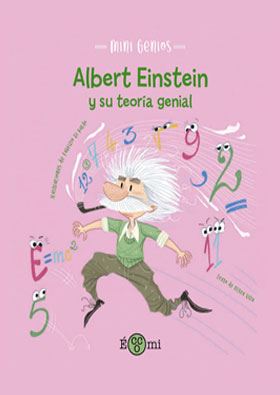

ALL THAT IS MINE I CARRY WITH ME
One afternoon in November 1975, ten-year-old Miranda Larkin comes home from school to find her house eerily quiet. Her mother is missing. Nothing else is out of place. There is no sign of struggle. Her mom’s pocketbook remains in the front hall, in its usual spot.
So begins a mystery that will span a lifetime. What happened to Jane Larkin?
Investigators suspect Jane’s husband. A criminal defense attorney, Dan Larkin would surely be an expert in outfoxing the police.
But no evidence is found linking him to a crime, and the case fades from the public’s memory, a simmering, unresolved riddle. Jane’s three children—Alex, Jeff, and Miranda—are left to be raised by the man who may have murdered their mother.
Two decades later, the remains of Jane Larkin are found. The investigation is awakened. The children, now grown, are forced to choose sides. With their father or against him? Guilty or innocent? And what happens if they are wrong?
950
AMERICAN MERMAID (MR EXP)
Broke English teacher Penelope Schleeman is as surprised as anyone when her feminist novel American Mermaid becomes a best-seller. Lured by the promise of a big payday, she quits teaching and moves to L.A. to turn the novel into an action flick with the help of some studio hacks. But as she's pressured to change her main character from a fierce, androgynous eco-warrior to a teen sex object in a clamshell bra, strange things start to happen. Threats appear in the screenplay; siren calls lure Penelope’s co-writers into danger. Is Penelope losing her mind, or has her mermaid come to life, enacting revenge for Hollywood’s violations?
American Mermaid follows a young woman braving the casual slights and cruel calculations of a ruthless industry town, where she discovers a beating heart in her own fiction, a mermaid who will fight to move between worlds without giving up her voice. A hilarious story about deep things, American Mermaid asks how far we’ll go to protect the parts of ourselves that are not for sale.
850
APEX HIDES THE HURT (OF2)
This New York Times Notable Book from the #1 New York Times bestselling author of The Underground Railroad is a brisk, comic tour de force about identity, history, and the adhesive bandage industry.
The town of Winthrop has decided it needs a new name. The resident software millionaire wants to call it New Prospera; the mayor wants to return to the original choice of the founding black settlers; and the town’s aristocracy sees no reason to change the name at all. What they need, they realize, is a nomenclature consultant. And, it turns out, the consultant needs them. But in a culture overwhelmed by marketing, the name is everything and our hero’s efforts may result in not just a new name for the town but a new and subtler truth about it as well.
500
ARTEMIS
Jasmine Bashara never signed up to be a hero. She just wanted to get rich.
Not crazy, eccentric-billionaire rich, like many of the visitors to her hometown of Artemis, humanity’s first and only lunar colony. Just rich enough to move out of her coffin-sized apartment and eat something better than flavored algae. Rich enough to pay off a debt she’s owed for a long time.
So when a chance at a huge score finally comes her way, Jazz can’t say no. But engineering the perfect crime is just the start of her problems—because her little heist is about to land her in the middle of a conspiracy for control of Artemis herself.
Trapped between competing forces, pursued by a killer and the law alike, she’ll have to hatch a truly spectacular scheme to have a chance at staying alive and saving her city.
Jazz is no hero, but she is a very good criminal.
That’ll have to do.
950

